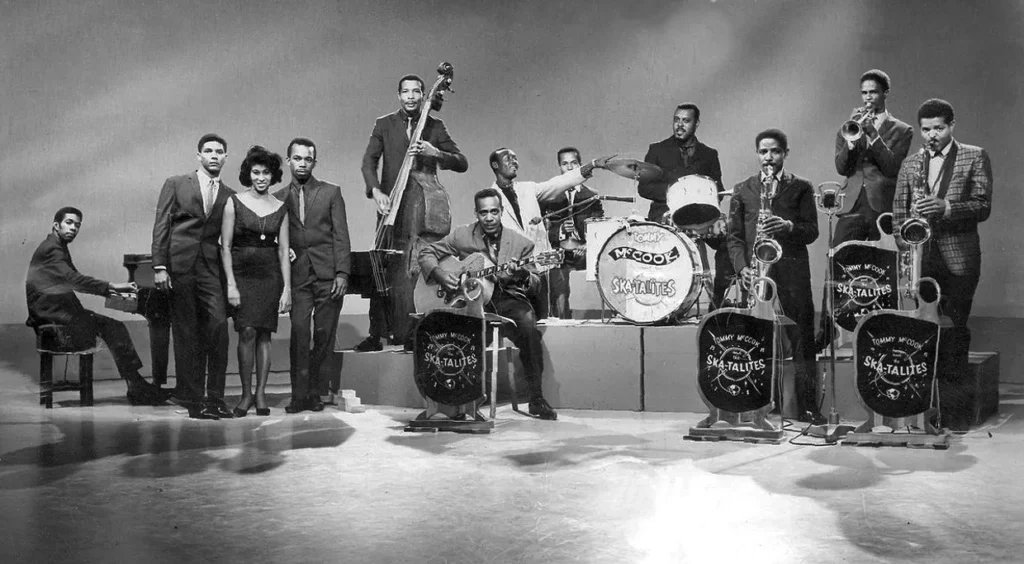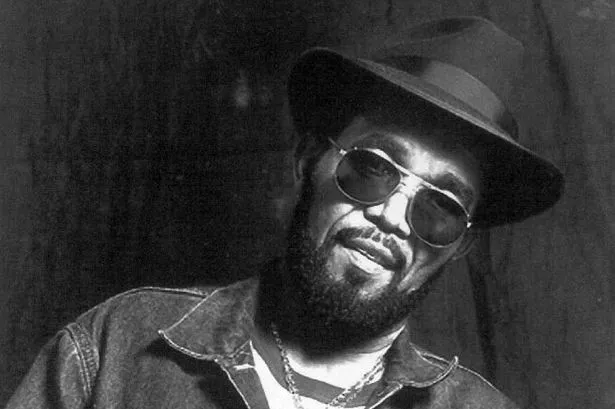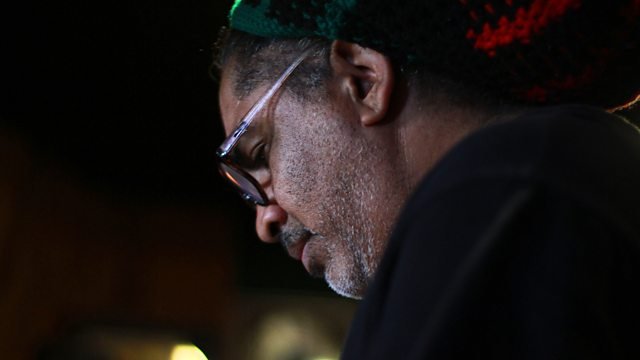The Fascinating History of Pirate Radio Stations in the UK
Written by Cat Radio UK on February 29, 2024
Pirate radio stations have played a significant role in the history of broadcasting in the United Kingdom. These renegade stations, broadcasting without a license, have captivated listeners and challenged the status quo since the 1960s. In this article, we delve into the intriguing history of pirate radio stations in the UK.
The Birth of Pirate Radio
The birth of pirate radio can be traced back to the early 1960s when the British Broadcasting Corporation (BBC) had a monopoly on radio broadcasting. Frustrated by the limited choices and lack of diversity on the airwaves, a group of entrepreneurial individuals took matters into their own hands.
Setting up makeshift radio stations on ships anchored in international waters, these pioneers began broadcasting music and talk shows to eager listeners on the mainland. The most famous of these pirate stations was Radio Caroline, which launched in 1964 and quickly gained a massive following.
A Cultural Revolution
The arrival of pirate radio stations brought about a cultural revolution in the UK. For the first time, young people had access to a wide range of music that was not being played on the BBC. Pirate radio introduced genres like rock ‘n’ roll, reggae, and punk to a generation hungry for something new and exciting.
These stations became the voice of the counterculture movement, challenging the conservative values of mainstream society. They provided a platform for artists and DJs who were not given airtime on traditional radio stations, helping to shape the British music scene as we know it today.
The Battle with the Authorities
The success of pirate radio stations did not go unnoticed by the authorities. The British government, concerned about the lack of control over the airwaves, introduced the Marine Broadcasting Offences Act in 1967, making it illegal to operate a pirate radio station.
However, this did little to deter the pirate broadcasters. They simply moved their operations onshore, setting up secret studios in basements and high-rise buildings. The cat-and-mouse game between the authorities and the pirates continued for years, with stations constantly changing frequencies and locations to avoid detection.
The Legacy of Pirate Radio
Although pirate radio stations were eventually driven off the airwaves by stricter regulations and the rise of legal independent radio stations, their legacy lives on. They paved the way for a more diverse and inclusive radio landscape in the UK.
The rebellious spirit and DIY ethos of pirate radio continue to influence the broadcasting industry. Many of the DJs who started their careers on pirate stations went on to become respected figures in the music industry, hosting shows on mainstream radio stations and shaping popular culture.
Today, the internet has provided a new platform for aspiring broadcasters to challenge the establishment and reach a global audience. While the days of pirate radio may be behind us, their impact on the world of radio broadcasting will never be forgotten.
In Conclusion
The history of pirate radio stations in the UK is a testament to the power of grassroots movements and the desire for change. These renegade broadcasters defied the odds and left an indelible mark on the British music scene. Their legacy serves as a reminder that sometimes, it takes a little rebellion to bring about meaningful change.






 Welcome to Cat Radio UK – The number 1 Destination for Reggae and Urban Music
Welcome to Cat Radio UK – The number 1 Destination for Reggae and Urban Music